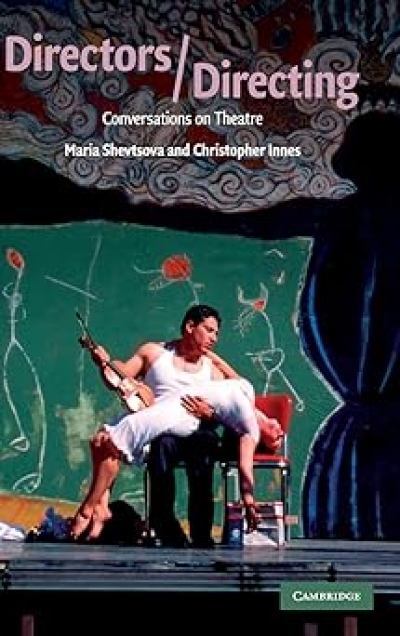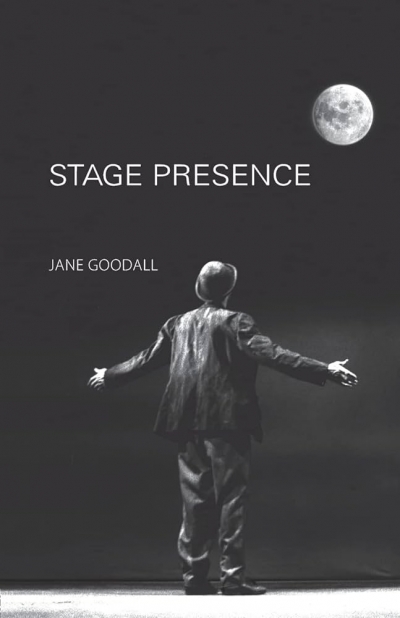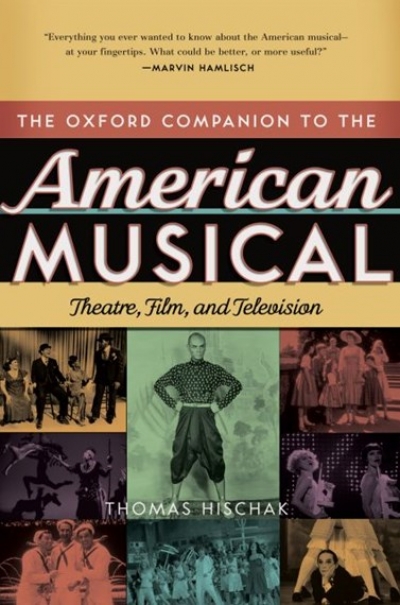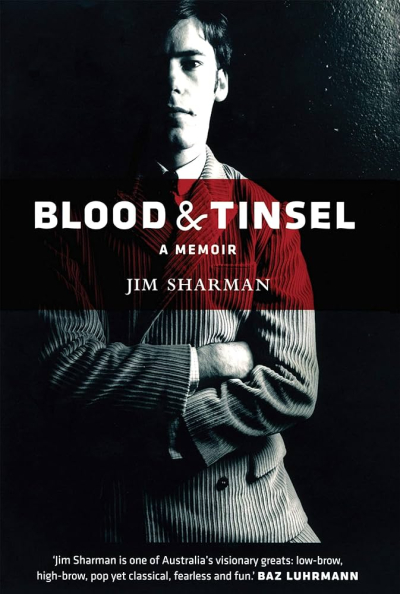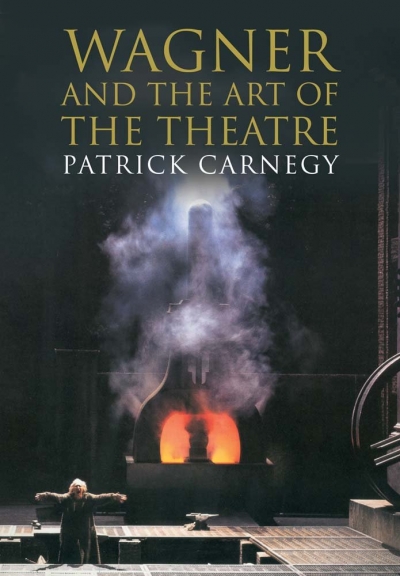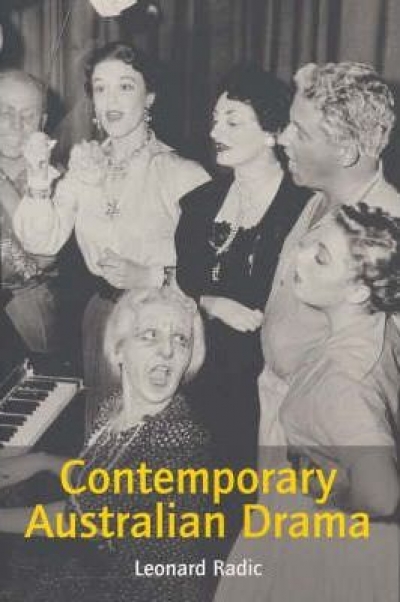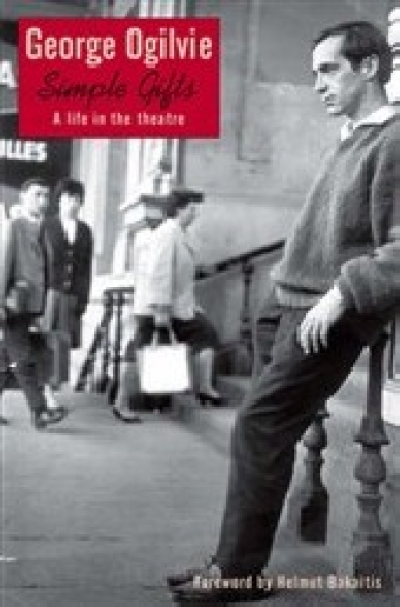Theatre
Robert Helpmann: A rare sense of the theatre by Kathrine Sorley Walker
Directors/Directing: Conversations On The Theatre by Maria Shevtsova and Christopher Innes
The Oxford Companion to the American Musical: Theatre, film and television edited by Thomas Hischak
Opera from the Greek: Studies in the poetics of appropriation by Michael Ewans
A review of Hannie Rayson’s Two Brothers, first performed by the Melbourne Theatre Company in April 2005. The Sydney Theatre Company is presenting the same production at the Drama Theatre, Sydney Opera House, until July 2. It then moves to Canberra’s Playhouse (July 14 to 23).
Not so long ago, Melbourne theatre-goers would say of Sydney audiences, ‘If it moves, they’ll clap it.’ These days, it would seem, Melbourne is the new Sydney. No snobbish snipes at the northerners’ perceived lack of sophistication will wash any longer; such parochial bigotries have been found out. No extensive cultural investigation was required to expose the hypocrisy. A visit to the Melbourne Theatre Company’s recent production of Hannie Rayson’s latest play, Two Brothers, would do. As dud joke followed dud joke, the evidence mounted. As one preposterous scenario begat another in a genre-jumble of farce (though not intended to be farce, I fear) and political thriller (or lame attempt at it), Sydney took on a cultural loftiness I’d never noticed before – and I grew up there and admit to lowbrow parentage. When, at the end of Two Brothers, the audience cheered and applauded, there could be no doubt: the play moved, and they clapped it.
... (read more)

